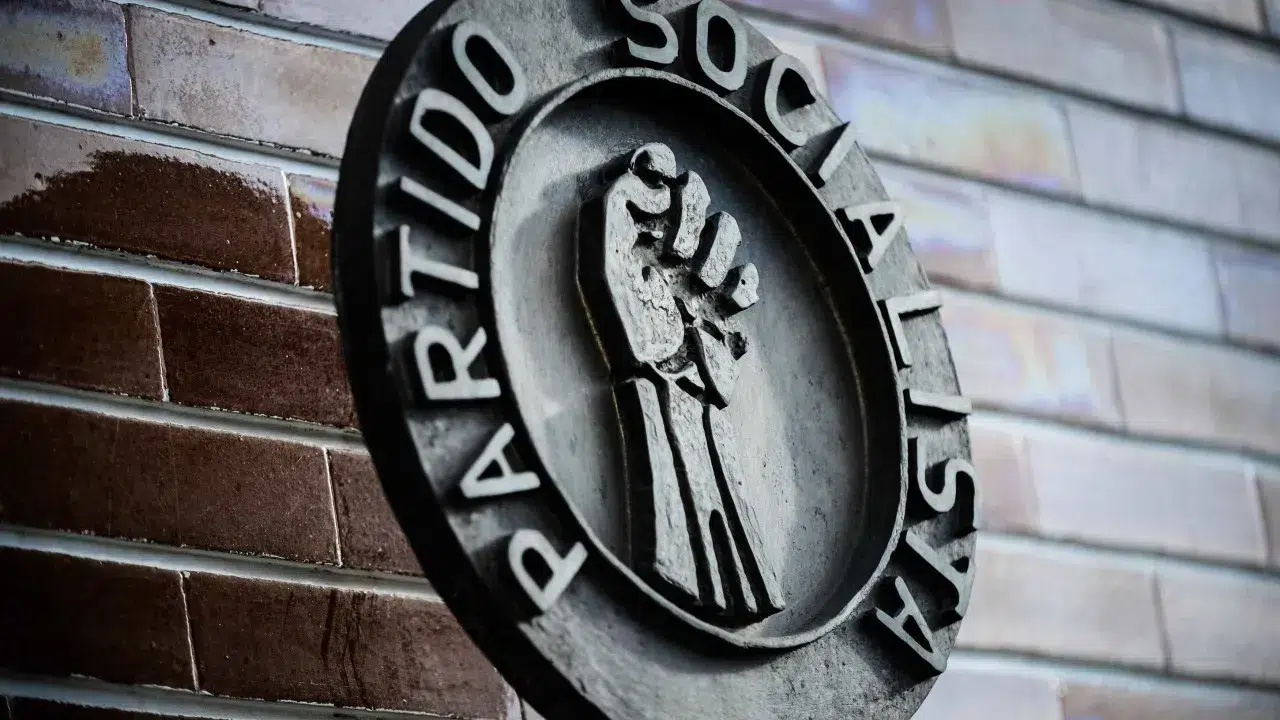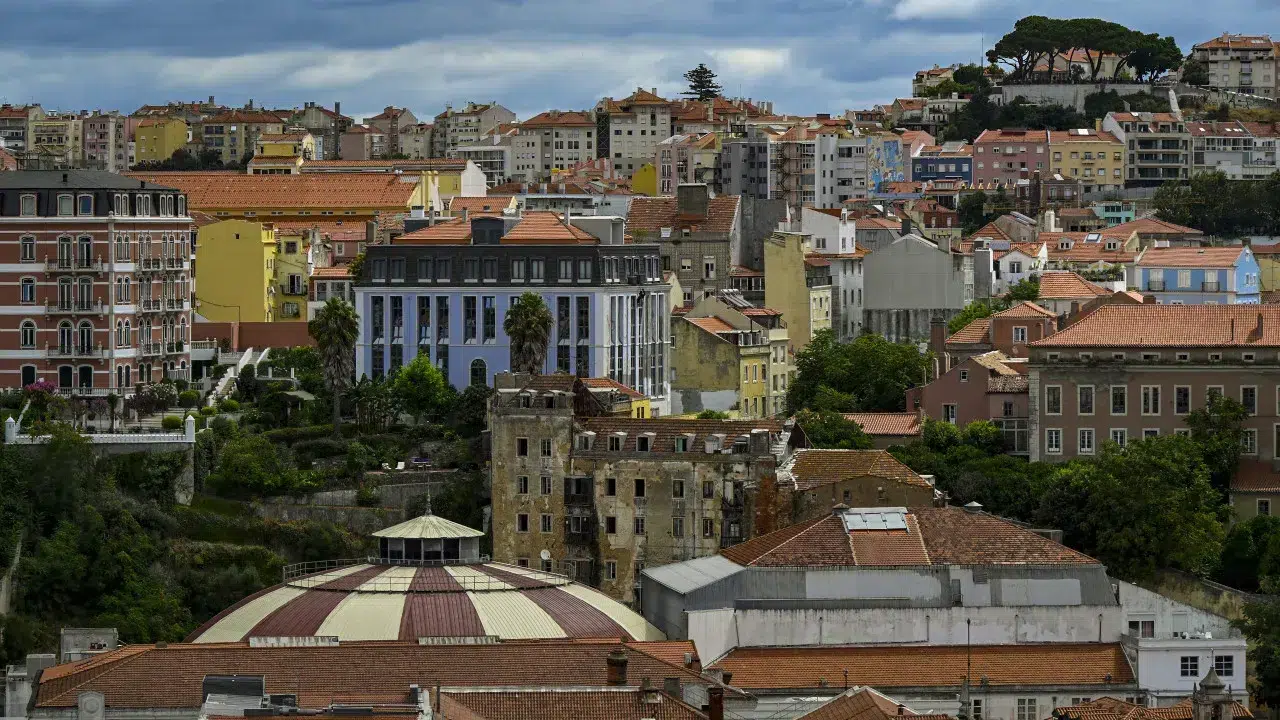
A theatrical piece described as “now very relevant,” takes the stage as the country grapples with division, hate speech, and a need for action, emphasized the director. The production is being revived by TEC, 48 years after Carlos Avilez first directed it.
Natália Correia created this work from the so-called ‘Sebastian myth’ as a warning to act now rather than await a savior, according to Ana Nave.
Published in 1969 during the dictatorship, ‘O Encoberto’ tells the story of Bonami, a king impersonating D. Sebastião, nicknamed the Desired or the Hidden.
Censored and banned by PIDE, the political police, Natália Correia appealed to Marcelo Caetano, then head of government, for Carlos Avilez to stage the play, which was initially denied.
It was not until 1977, three years after the dictatorship fell, that Carlos Avilez directed ‘O Encoberto’.
The narrative criticizes a deluded and credulous population, unwilling to face reality, as well as a false nobility obsessed with wealth.
The 1970 censorship report stated: “It is a ‘parody-style’ development of a historical subject, with numerous pornographic touches, in Natália Correia’s manner, with references to Portuguese people or historical figures in mocking tones, clearly intending to ridicule.”
The play, set at the Teatro Municipal Mirita Casimiro in Estoril, features 41 graduating students from the Cascais Professional Theatre School and the last students of Carlos Avilez (1939-2023), TEC’s founder and director until his passing.
This provides “greater significance and current relevance, as it has been highly interesting to debate and reflect on [the work],” Ana Nave remarked.
The production presents a narrative about Portugal’s cyclical history, emphasizing the importance of individual responsibility in History, demanding proactive roles rather than assigned ones, according to the director.
‘O Encoberto’ includes a prologue by Miguel Graça, who developed the dramaturgy for the stage version, integrating Natália Correia’s ‘Mátria’ concept, described as an ancestral love that unites all people while rejecting “a world of hates and violence,” he explained.
“Also, because the role of women remains fundamental in achieving the balance we seek,” he added.
Featuring Miguel Graça’s version and Ana Nave’s direction, the play includes scenography and costumes by Fernando Alvarez, lighting design by Tassos Adamopoulos, original music by Manuel Paulo, choreography by Rita Spider, and vocals by Ana Ester Neves.
The cast includes Luiz Rizo, Sérgio Silva, Teresa Côrte-Real, and the final-year students from the Cascais Professional Theatre School.
The play runs until July 27, with showings from Tuesday to Saturday at 9 PM and Sunday at 4 PM.
Meanwhile, TEC continues the competition for the 3rd edition of the Theatre Text award, aimed at recognizing an unpublished Portuguese work on identity.
Submissions, requiring pseudonym use, can be hand-delivered at the Teatro Municipal Mirita Casimiro, Estoril, or mailed to the theater’s address.
The winning text, with a prize of €5,000 sponsored by the D. Luís Foundation, will be staged by TEC in 2026.
The title and author of the winning piece will be announced on December 7 on TEC’s website and social media.




